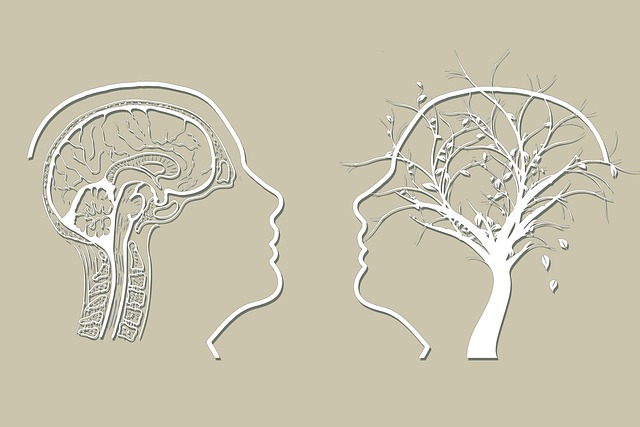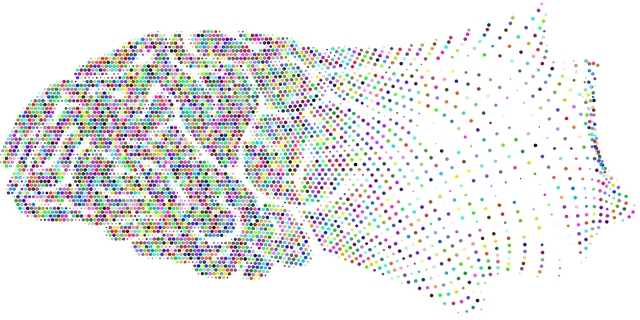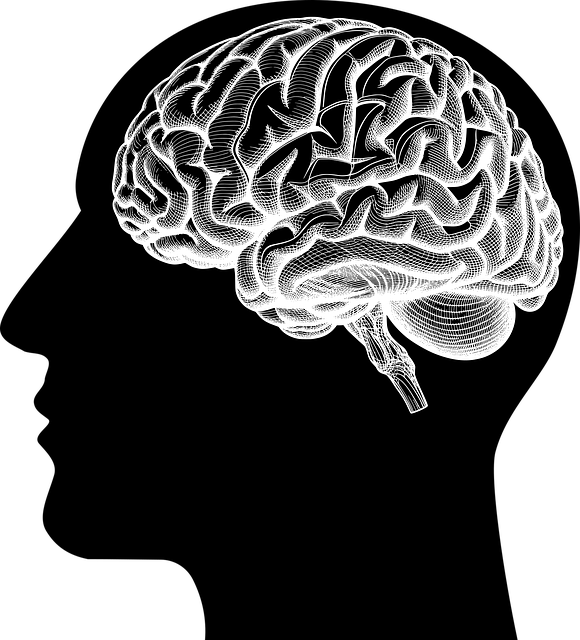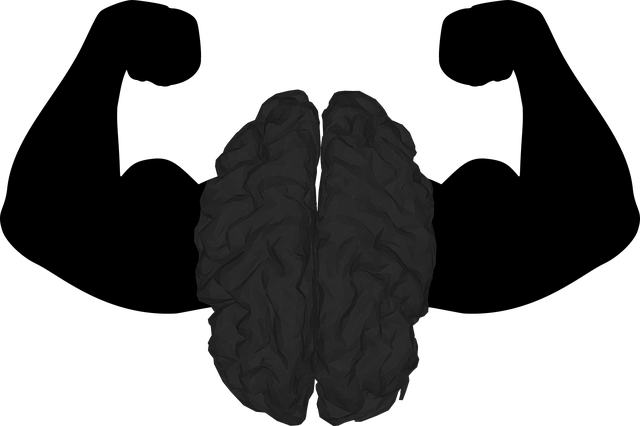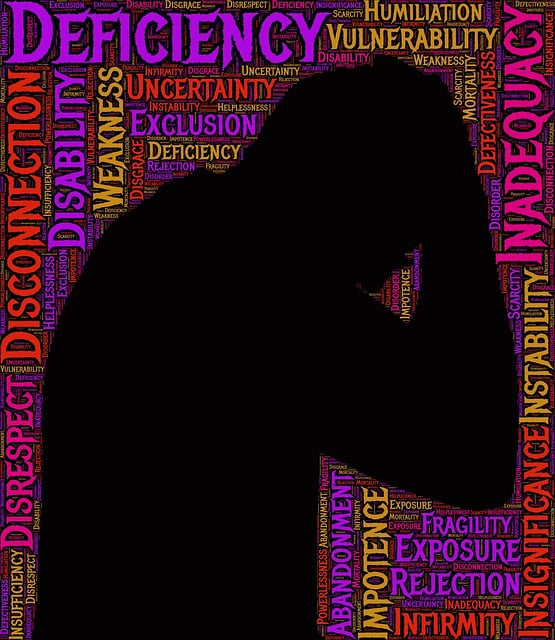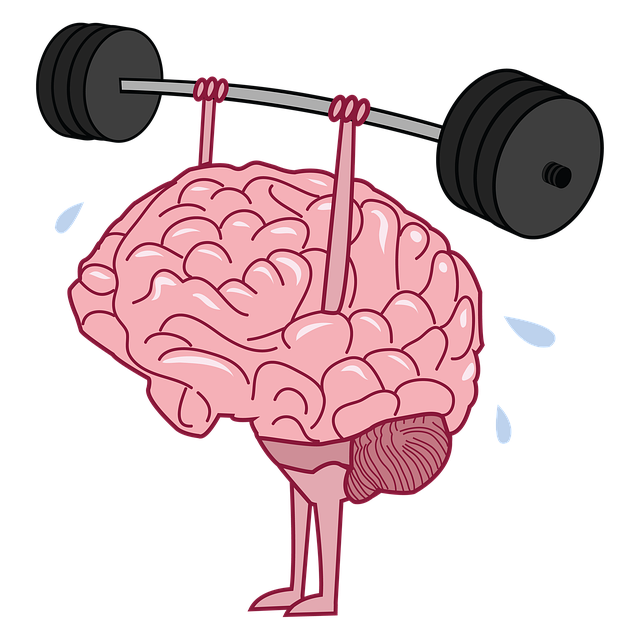Colorado Springs Biofeedback Therapy offers a holistic, non-invasive approach to mental health treatment, combining expert evaluations, tailored interventions, and evidence-based practices. This innovative therapy empowers individuals to control physiological responses, manage symptoms, build resilience, and improve overall well-being. The city's comprehensive support system includes advocacy, community outreach, burnout prevention for healthcare providers, and educational programs focused on stress management and mental illness understanding. Through these initiatives, Colorado Springs fosters mental health literacy, reduces stigma, and promotes early intervention, enabling individuals to take charge of their emotional well-being.
Mental illness diagnosis and treatment can be a complex, daunting journey. This comprehensive guide aims to illuminate the process, highlighting essential steps towards understanding mental health conditions. We explore the unique approach of Colorado Springs Biofeedback Therapy as a potent treatment option.
Additionally, we navigate various treatment alternatives, emphasize building supportive networks, and delve into long-term management strategies for optimal recovery. Our goal is to empower individuals in their mental health journeys.
- Understanding Mental Illness Diagnosis: Unveiling the Process
- The Role of Colorado Springs Biofeedback Therapy in Treatment
- Navigating Treatment Options: A Comprehensive Guide
- Building a Supportive Network for Recovery
- Long-term Management and Prevention Strategies
Understanding Mental Illness Diagnosis: Unveiling the Process

In Colorado Springs, biofeedback therapy has emerged as a valuable tool in understanding and treating mental illnesses. The diagnosis process involves a comprehensive evaluation by qualified professionals who employ various methods to unravel the complexities of mental health conditions. This may include detailed medical histories, psychological assessments, and sometimes advanced brain imaging techniques to identify any structural or functional abnormalities. Each step is crucial in discerning the root causes, whether they are genetic predispositions, environmental triggers, or neurochemical imbalances.
Mental health education programs design tailored interventions based on these insights, focusing not just on symptom management but also on fostering resilience and promoting well-being. By integrating evidence-based practices, such as cognitive-behavioral therapy and mindfulness techniques, Colorado Springs biofeedback therapy offers a holistic approach to mental illness navigation. Moreover, advocates for mental health policy analysis and advocacy play a vital role in shaping community support systems, ensuring access to quality care and challenging any stigma associated with seeking treatment. Conflict resolution techniques are also integrated into these support structures, enabling individuals to navigate their journeys with enhanced coping strategies.
The Role of Colorado Springs Biofeedback Therapy in Treatment

Colorado Springs Biofeedback Therapy offers a unique and effective approach to mental health treatment, focusing on empowering individuals to develop inner strength and overcome challenges. This innovative therapy utilizes biofeedback techniques to help patients gain control over their physiological responses, leading to significant improvements in managing anxiety and other stress-related disorders. By teaching individuals how to regulate their body’s reactions, this therapeutic method enables them to achieve a deeper sense of calm and well-being.
In the context of Colorado Springs Biofeedback Therapy, the Community Outreach Program plays a vital role in making these services accessible to a wider population. Through this program, resources are provided and awareness is raised, ensuring that those seeking mental health support receive the necessary guidance and treatment, fostering a more supportive and inclusive environment for everyone within the community.
Navigating Treatment Options: A Comprehensive Guide

Navigating treatment options can be a daunting task for individuals dealing with mental illness. In Colorado Springs, biofeedback therapy has emerged as a comprehensive guide, offering a non-invasive approach to managing various conditions. This therapeutic method teaches patients how to gain control over their physiological responses, thereby improving mental wellness. By integrating burnout prevention strategies for healthcare providers, the city’s mental health landscape is enhanced, ensuring tailored support for every patient.
The Mental Wellness Podcast Series Production in Colorado Springs further amplifies awareness and accessibility. These podcasts provide a platform for discussing various topics, from stress management and confidence boosting to understanding specific disorders. Such initiatives contribute to destigmatization while offering practical tools for self-care and navigation through the complex healthcare system. This multi-faceted approach ensures individuals receive holistic care, fostering mental resilience and improved quality of life.
Building a Supportive Network for Recovery

Building a supportive network is a cornerstone for navigating mental illness and fostering recovery. This includes connecting with understanding friends, family, or support groups who can offer emotional backing, practical assistance, and encouragement throughout the journey. In Colorado Springs, biofeedback therapy serves as an effective tool within this network, helping individuals gain control over their physiological responses to stress and triggers. By participating in such therapeutic practices alongside a strong support system, resilience building becomes more attainable.
Mental health education programs designed for both patients and their support networks can further strengthen this foundation. Workshops focused on stress management, mindfulness techniques, and understanding mental illness play a crucial role in promoting effective communication, empathy, and informed decision-making. Organizations specializing in these areas offer valuable resources that empower individuals to take charge of their well-being and cultivate healthier environments for recovery.
Long-term Management and Prevention Strategies

In navigating long-term management and prevention strategies for mental illness, Colorado Springs Biofeedback Therapy emerges as a powerful tool. This non-invasive approach helps individuals gain control over their physiological responses, thereby improving emotional regulation and fostering resilience against stress and anxiety. By teaching patients to manage their body’s reactions, biofeedback therapy empowers them to proactively prevent relapses and maintain better mental health in the long run.
Beyond individual therapy, public awareness campaigns play a crucial role in promoting mental health literacy and reducing stigma. Encouraging open conversations about emotional well-being through initiatives like Mindfulness Meditation can help early detection and intervention. These strategies collectively contribute to creating a supportive environment where individuals are equipped with the knowledge and skills necessary for effective self-care, ensuring better outcomes in mental illness management and prevention.
Mental illness diagnosis and treatment can be a complex journey, but with the right navigation assistance, recovery is achievable. By understanding the process of mental illness diagnosis, leveraging specialized treatments like Colorado Springs Biofeedback Therapy, and building a robust support network, individuals can effectively manage their conditions in the short and long term. A comprehensive guide to treatment options equips folks with the knowledge to make informed decisions, while prevention strategies foster resilience. Remember that navigating mental health is not a solitary endeavor; it’s a symphony of care involving professionals, loved ones, and personal resilience.
